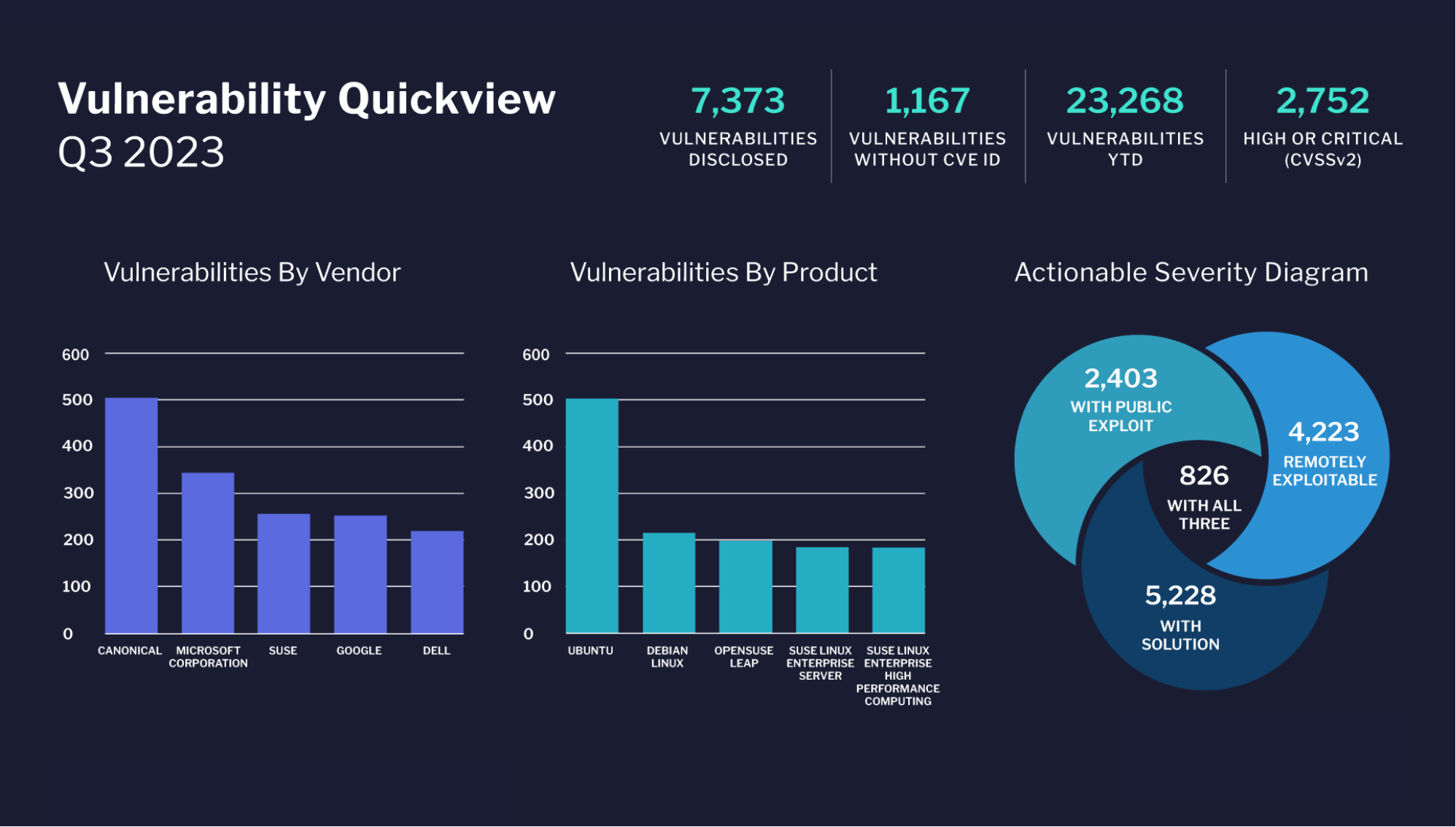In today’s competitive business environment, being unable to service your customers needs can spell the end of your business. Customers in a different city, or even a different country, may not know or understand that a flood, a hurricane or some other natural disaster has made your data and your systems inoperable. They will just move on to a business that has services that are still up and running.
Once you lose the trust of a business you’re servicing, chances are that it’s gone forever. That’s one reason why disaster recovery systems are vital to keep you online and available at all times, and able to service global business needs.
As a cloud provider, protecting against customers data loss and maintaining the integrity of an IT infrastructure is probably the most critical offering you can make. Failure to protect data that you are entrusted with would likely be the death knell for that company, and for your relationship with them.
Not only should disaster recovery plans include a plan for applications, software and for the data that they store, but should also take into account your IT systems and how they operate as a whole.
But many Service Providers simply believe that it will never happen to them. If you are contemplating whether or not you need to implement a disaster recovery plan, ask yourself the following questions:
If you do not know the answers to these questions, and if the prospect that they describe fills you with dread, then you need to seriously consider the option of a cloud-based disaster recovery service.
At it’s core, Disaster Recovery as a Service (DRaaS) aims to protect your data from any negative events, and to maintain, or to quickly resume, any mission-critical functions following a disaster. Note also that a disaster does not only refer to floods, earthquakes or lightning strikes. A disaster can occur via far more mundane processes, such as human error. Nevertheless, the effects on your business will be the same.
Canadian Cloud Backup is a privately held company serving the global community with a strong focus on growth in Canada. We offer clients exceptional peace of mind via a white label solution that will enable them to offer private cloud backup services to their clients – without giving up their brand.
Service providers can effectively outsource their DRaaS needs to us, and offer white-labelled services to clients anywhere in the world. We leverage the power of the Acronis systems to offer a completed and customized service.
Employing the Disaster Recovery as a Service model is especially appealing for small and medium-sized businesses that do not have the resources to setup, configure and test a recovery plan of their own. By outsourcing the service to a cloud provider, service providers sidestep the costs and admin of maintaining a plan while gaining the security and peace of mind that comes from knowing that vital data will always be available, no matter what happens.
By Jeremy Daniel





